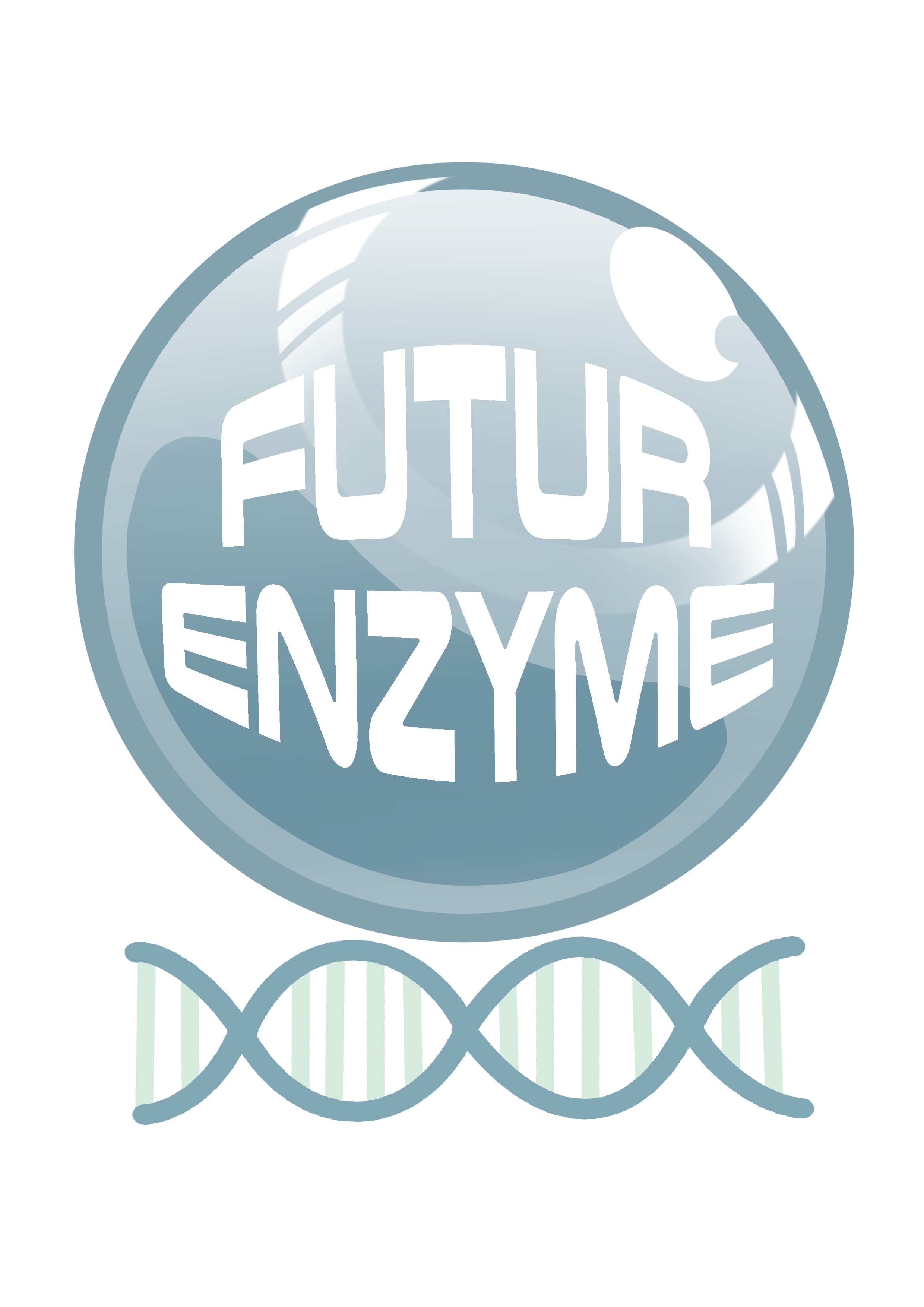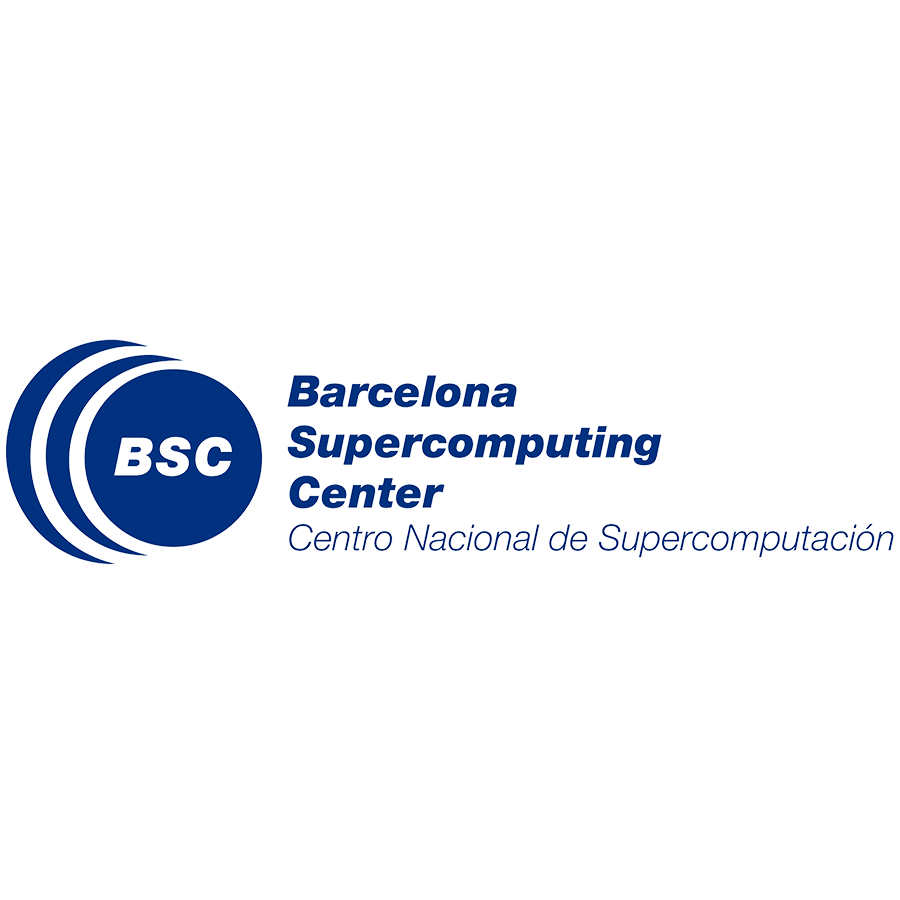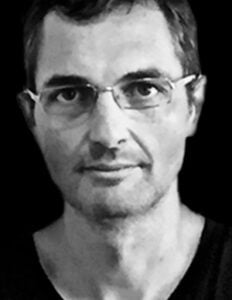The Barcelona Supercomputing Center (BSC) is a public research centre created in 2005 and devoted to enhancing research in many different fields by providing HPC resources to different communities, and by directly generating knowledge in different areas, such as computing, earth, life sciences and Computer Applications in Science and Engineering. It hosts the MareNostrum 4, one of the PRACE (European supercomputing infrastructure) supercomputers. BSC has over 600 staff members from more than 47 countries engaged in multidisciplinary scientific collaboration and innovation. BSC was selected in June 2019 by EuroHPC as one of the three institutions to host a pre-exascale supercomputer in the high-capacity supercomputer network that will operate in the EU by 2021.
Life Science Department. The Life Sciences Department composed by 6 research groups and 5 technical units works on various aspects of computational biology, ranging from bioinformatics for genomics to computational biochemistry and Natural Language Processing. The Electronic and Atomic Protein Modeling (EAPM) group is part of the Life Sciences Department. Its research lines focus on developing new methodologies, at the bioinformatics, molecular modeling and machine learning level of theory, addressing functional proteomics, specifically in mapping the biophysics of protein-ligand association and the biochemistry in enzyme catalysis. Emphasis is also placed in the application of such methods on protein-substrate interactions and enzyme engineering, and in the development of machine learning novel algorithms.
WP1: Representing the project management and coordination activities.
WP2: Implementing machine learning platform to screen enzymes demanded by manufacturers.
WP4: Implementing systems for producing and characterising enzymes and finding best ones.
WP5: Improving the performance of the best enzymes through novel engineering techniques.
WP8: Focusing on dissemination, exploitation and communication.
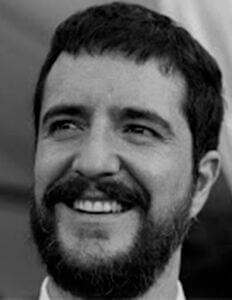
Dr Miguel Vazquez
is the new head of the Genome Informatics Unit at BSC since 2017. His expertise range from computational aspects to data analysis and interpretation.
In the later he designed a large workflow integrating many sources of OMICS data and knowledge bases to model cell signalling for predicting combinatorial drug treatments. Over the last decade has developed his own bioinformatics framework (Rbbt), featuring an advanced workflow enactment system, with functionalities across many fields of bioinformatics and machine learning.
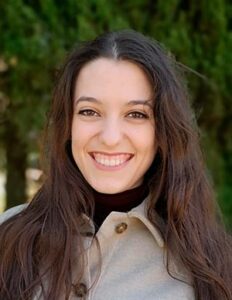
Ana Robles Martín
obtained her Bachelor’s Degree in Biochemistry from the University of Seville and the University of Malaga in 2015 and her Master’s Degree in Bioinformatics from the Autonomous University of Barcelona. She is currently a PhD student in the EAPM group led by Víctor Guallar at Barcelona Supercomputing Center where she is involved in computational protein engineering projects.
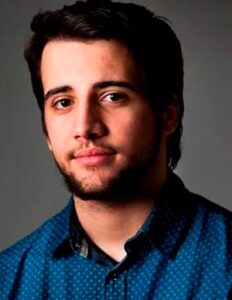
Sergi Rodà Llordés
is a PhD student in the EAPM group led by Víctor Guallar. He got his BSc degree in Biochemistry at the Autonomous University of Barcelona. He also graduated from his MSc studies in Bioinformatics at the same university. He recently published a paper on ACS Catalysis about the improvement of substrate promiscuity on a serine esterase. He is currently involved in several projects related to PluriZymes and more conventional computational study and rational design of enzymes.
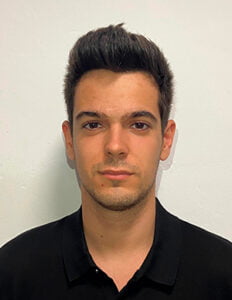
Rubén Muñoz Tafalla
is a PhD student in Barcelona Supercomputing Center (BSC), in the EAPM group led by Victor Guallar. After graduating in Biochemistry and Molecular Biology at the Rovira I Virgili University (Tarragona), he got his MSc studies in Biophysics at the Autonomous University of Madrid. In BSC, he designed two PluriZymes, enzymes with more than one active center, and he is also studying plastic and polymer degrading enzymes.
